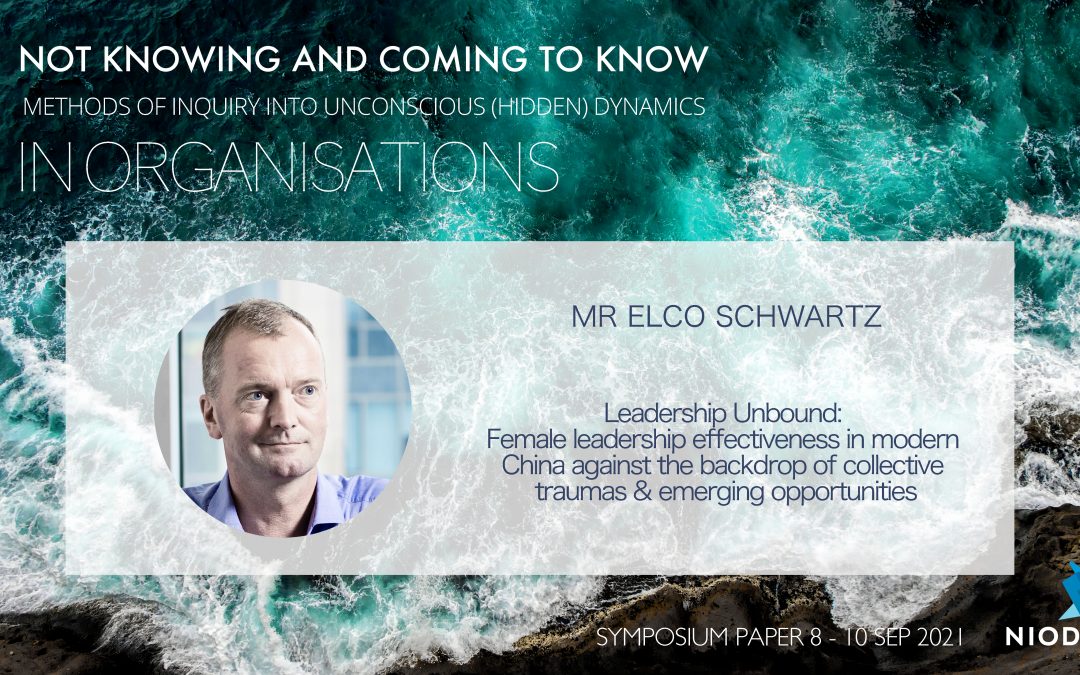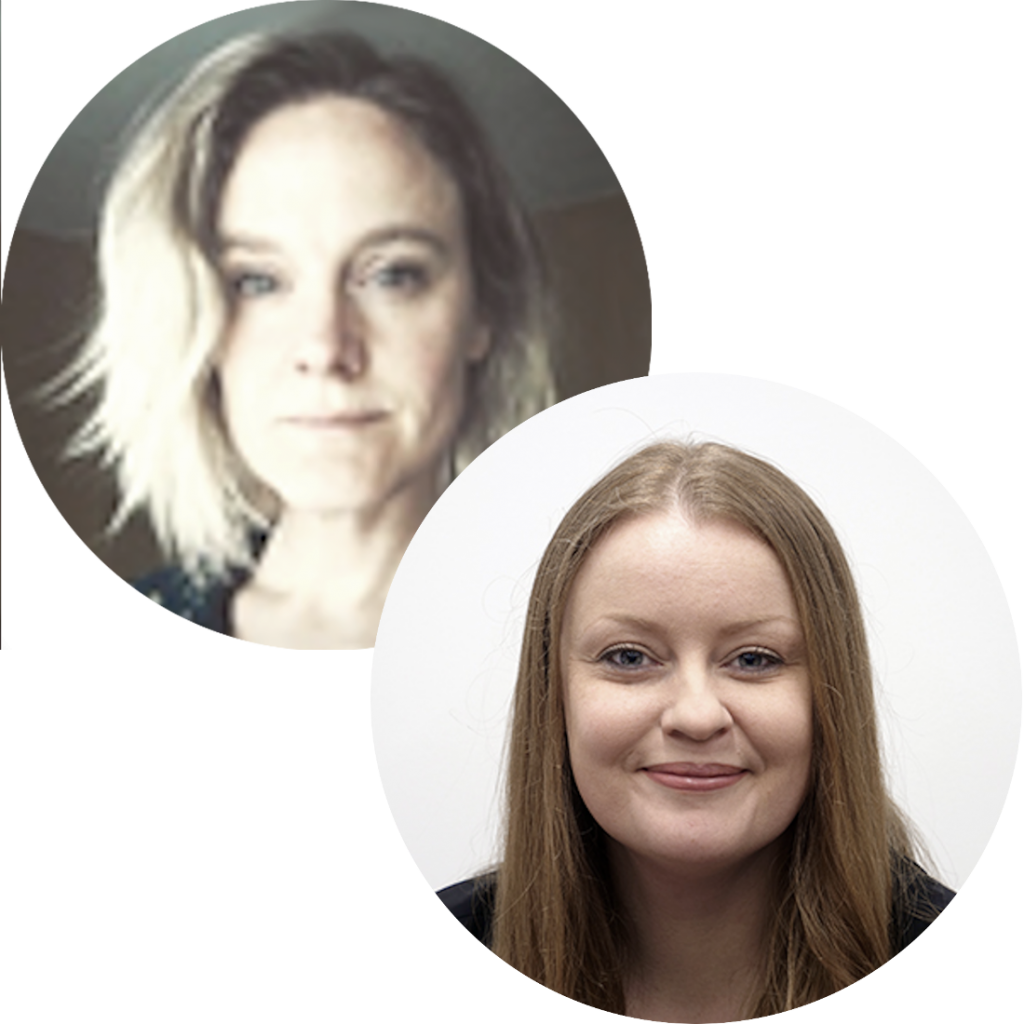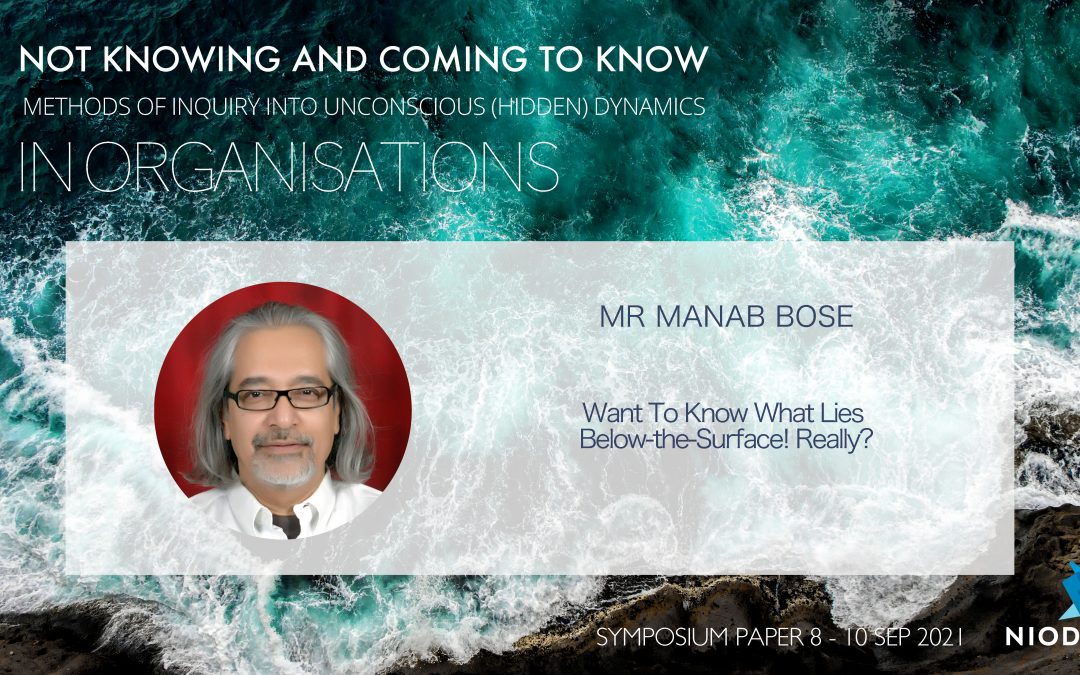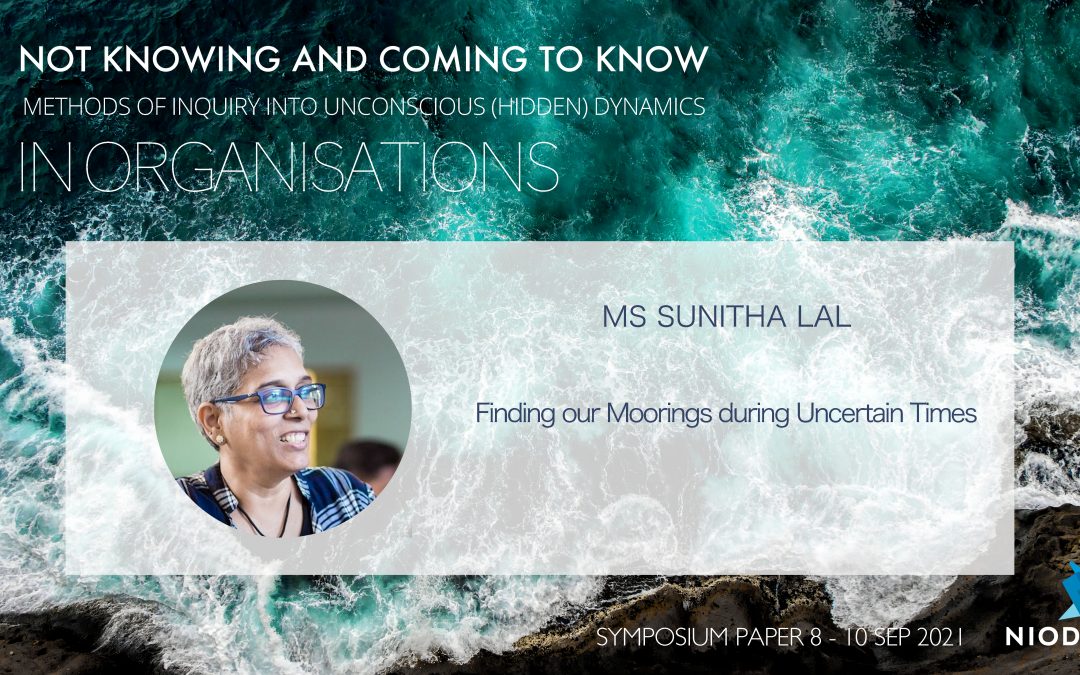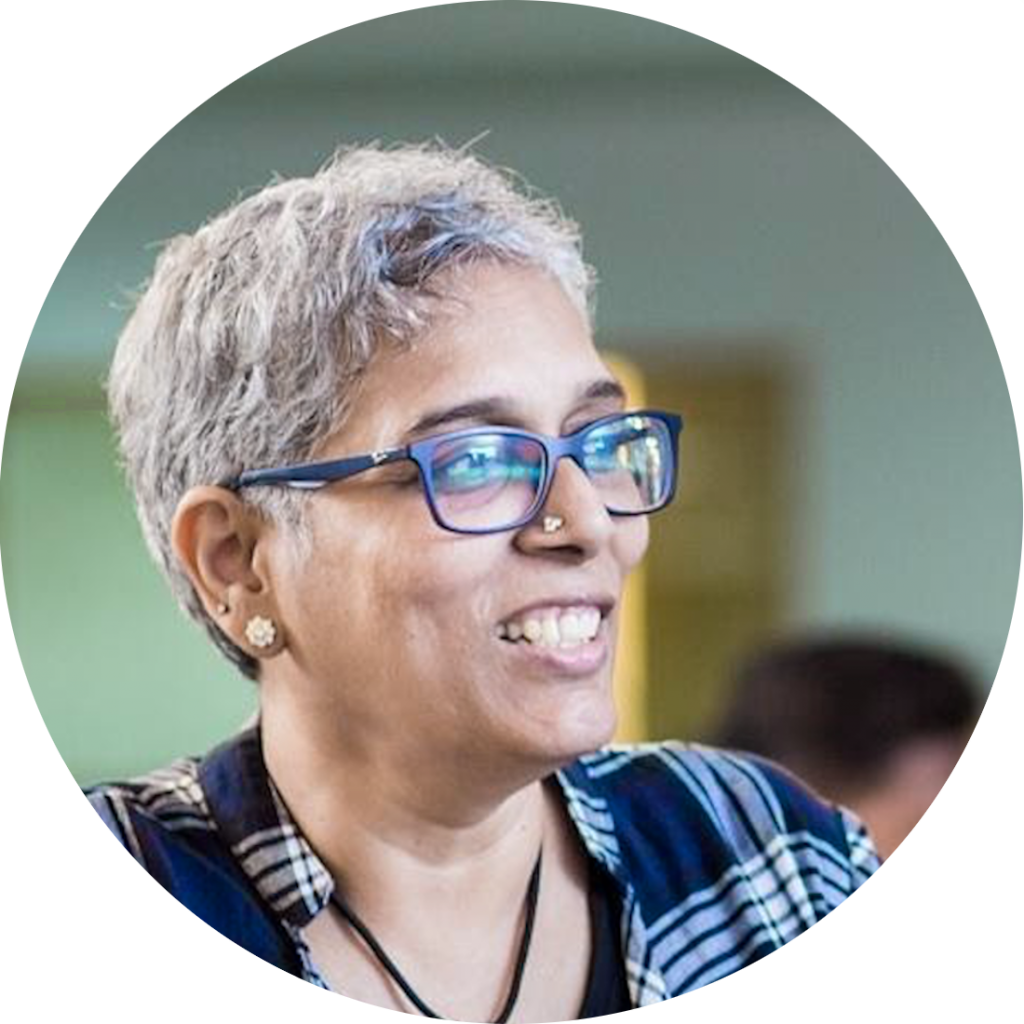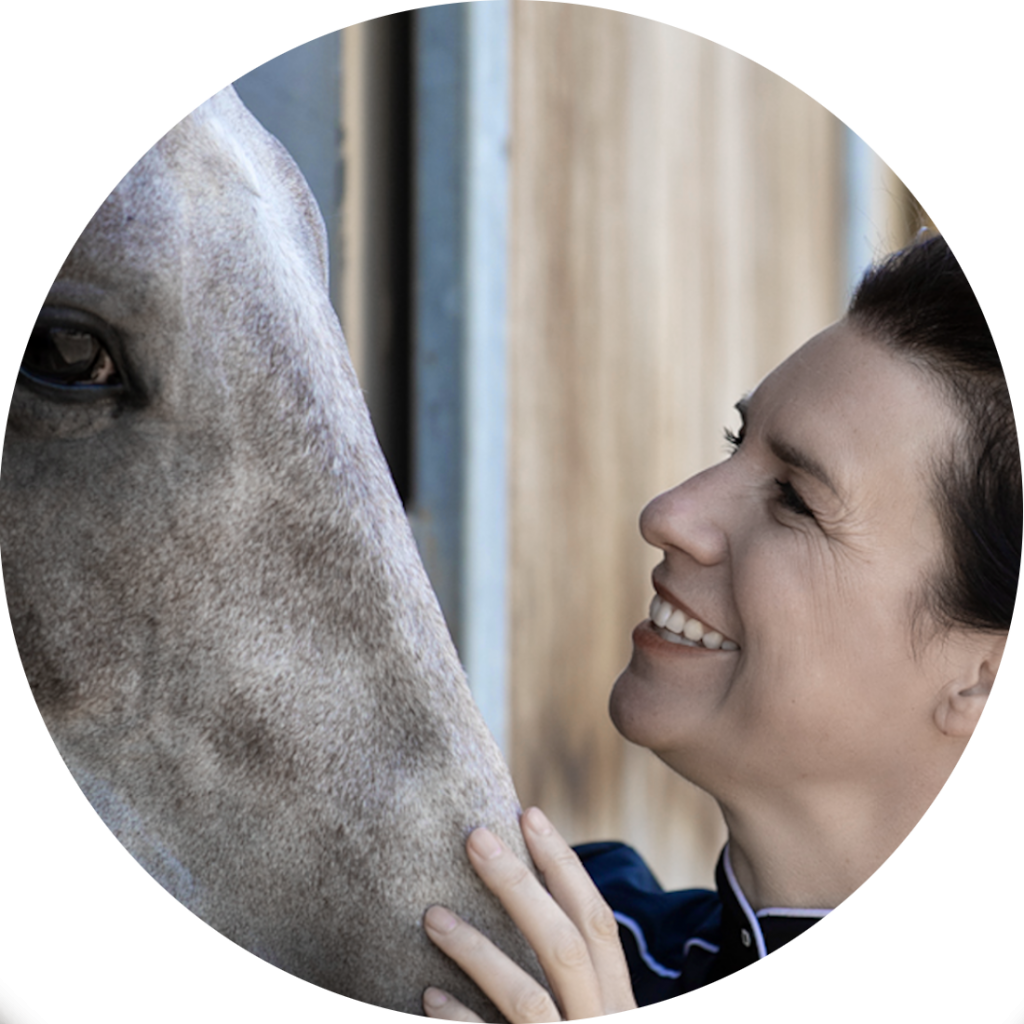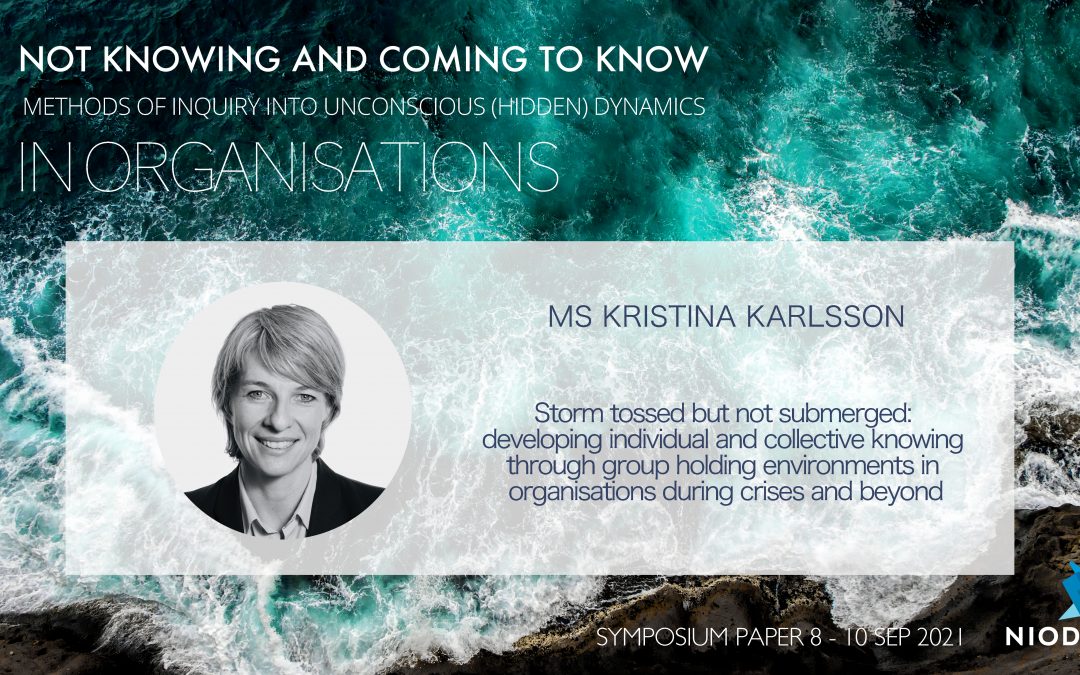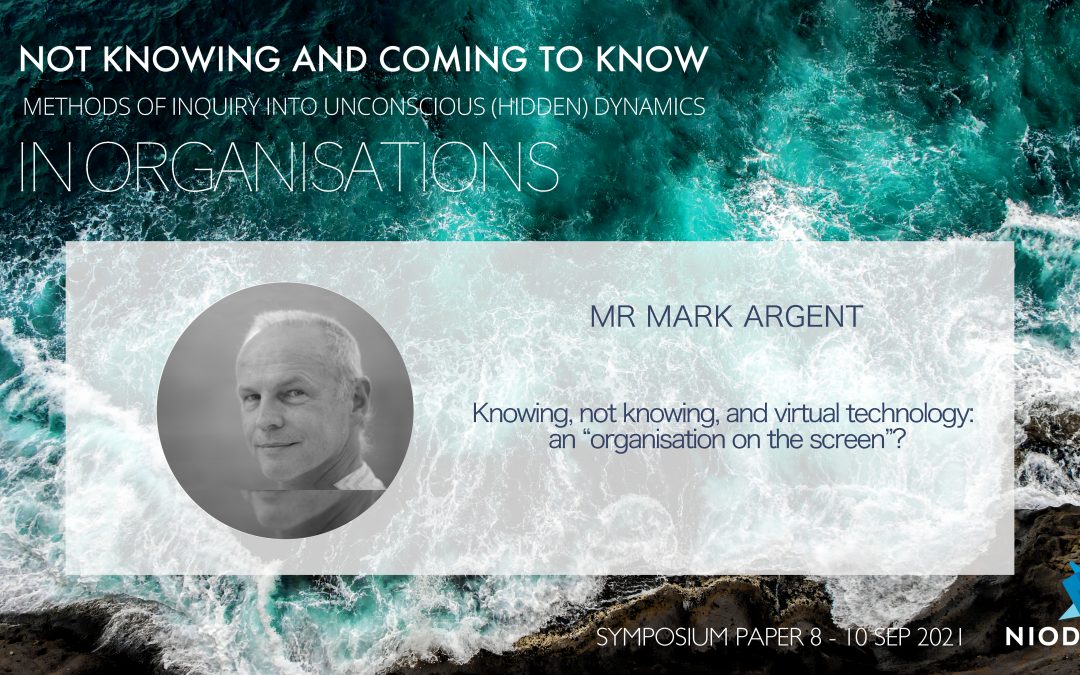
Knowing, not knowing, and virtual technology
🔖 PRESENTATION
Paper (parallel)
📆 DATE
Friday 10 Sep 2021
⏰ MELBOURNE TIME
5.00 - 7.00 pm
⏰ LOCAL START TIME
time start

Mr Mark Argent
Analyst and coach, Mark Argent Consulting, UK
Mark Argent is an organisational consultant whose work spans design, technology and politics
⏰ DURATION
120 minutes
Knowing, not knowing, and virtual technology: an “organisation on the screen”?
Stream: How are our ways of knowing affected by new virtual technologies and distance meetings?
Knowing, not knowing, and virtual technology: an “organisation on the screen”?
This paper tries to think about approaches to organisations when online interactions rather than meeting-in-person form the bulk of interactions, from Lacan it picks up the idea of the discourse of science as a perverse form of the discourse of the hysteric in which lack is denied, giving the technology an illusion of certainty in which makes it harder to use unknowing as a resource. This is linked to Bracha Ettinger’s idea of “digital stupour” where trauma is inaccessible there is jouissance separated from the capacity to desire, and time is lost in the immediacy of the medium. Both of these can be seen in social media and virtual working.
There’s anecdotal evidence of people who live with auditory or visual hallucinations having particular difficulty with virtual meetings, because the task of linking sounds, screen images and a mental model of actual people is not straightforward. The paper suggests that we all experience a measure of this, raising complex questions around the nature of the group that make sense in terms of basic assumption incoherence, massification, aggregation. There’s a lively question of where the protomental sits in relation to groups where people are not physically present: does this interrupt bodily communication, or does anxiety over the absence of “bodies in the room” reflect anxiety displaced onto the fact of meeting online?
Social media has compounded a problem of people’s online experiences reflecting back their own world view. In public life this raises questions about post-truth politics and the reliability of elections. It complicates the process of people navigating their belonging at the level of nation states and large organisations. As this becomes more normal, it complicates the process of working out how we relate online. Is the person I see on line “them” or a carefully-curated “online persona”?
Blockchain is beginning to pick up some of the functions of “national” governments — running a currency, verifying qualifications in Ethiopia and Covid passports in Argentina adding a layer of technology-induced complexity to people’s relationship to nation states and to technology. What are the echoes of this in organisations?
What happens to the sexual dynamics of organisations when people are relating through devices that might also be used for cybersex or pornography?
The particular circumstances of a global pandemic have shaped people’s experience of virtual working since early 2020. The pandemic itself has stirred up a wide range of anxieties with surprisingly little public discussion of what these are about. The implication is that virtual working, as what has “saved us” from the most extreme economic consequences, is a place that has enabled us to deny our lack — which makes sense in terms of the perverse forms of the Lacanian discourses. As it becomes possible to resume meetings in person and there’s less need to displace Covid anxiety onto Zoom, will we push away the experiences of working online because of Covid (making this another denied lack), or can we think about online working as valid in its own terms.
Day(s)
:
Hour(s)
:
Minute(s)
:
Second(s)
Session schedule
5 MINS
Introduction
30 MINS
Paper presentation
20 MINS
Small group discussion; impressions of the paper and developing questions for the presenter
20 MINS
Discussion forum with the presenter; moderated for the speaker to elaborate their ideas
10 MINS
Discussion forum with the presenter; themes from the discussions
5 MINS
Break
30 MINS
Whole symposium open reflection discussion
Share this presentation!
Parallel Paper Presentations
The following are presenting at this time

MR MARK ARGENT
Knowing, not knowing, and virtual technology: an “organisation on the screen”?

MS SONJA BLIGNAUT
DR MARIETJIE VOSLOO
Towards fostering a Sense of Belonging in the Post-Pandemic Workplace



MR MANAB BOSE
Want To Know What Lies Below-the-Surface! Really?




